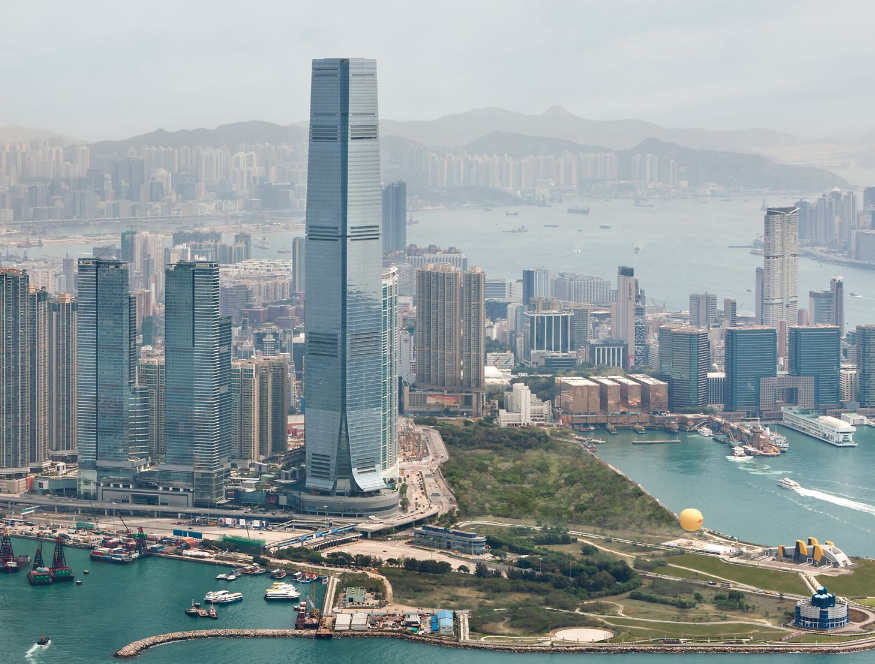Hong Kong bill allowing China to enforce rail customs checks 'violates the Basic Law'
'If this can be done for a railway station, it might also be done for some other reasons,' warns prominent legal expert

Hong Kong's legislature has passed a bill allowing China to carry out customs inspections at a railway station within the semi-autonomous territory.
The development has further alarmed those already concerned about Beijing's tightening grip.
Independent politicians believe the bill governing the Hong Kong terminus of the rail link from the Chinese city of Guangzhou contravenes the Basic Law, the city's mini-constitution adopted after the former British colony was handed over to China in 1997.
The bill allows passengers to clear Chinese border checks inside Hong Kong at the end of the 16-mile high-speed rail line, which will open in September 2018.
This permits Chinese police to enforce mainland Chinese laws within the terminus, the first time such rights have been granted within Hong Kong's territory.
The move comes as Beijing is seen as stepping up pressure on the territory's legal system and civil liberties that are supposed to be preserved until 2047, apart from legal matters related to defence, foreign affairs and national security.
Hong Kong residents enjoy rights such as freedom of speech and assembly that are routinely violated on the mainland.
Hundreds of protesters gathered outside the legislature's offices to watch a live broadcast of the debate and the vote that followed.
Tanya Chan, a member of Hong Kong's legislature, was among those opposed to the move.
"Obviously this co-location arrangement violates the Basic Law, as well as very common legal practices in Hong Kong," Ms Chan said.
The chairman of the Hong Kong Bar Association, Philip Dykes, said the decision set a worrying precedent because people entering the zone could be found in violation of mainland Chinese laws they were not aware of and subsequently incarcerated in detention centres.
"And the concern is, in the future, if this can be done for a railway station, it might also be done for some other reasons, some other purposes," Mr Dykes said.
Associated Press
Join our commenting forum
Join thought-provoking conversations, follow other Independent readers and see their replies
Comments
Bookmark popover
Removed from bookmarks